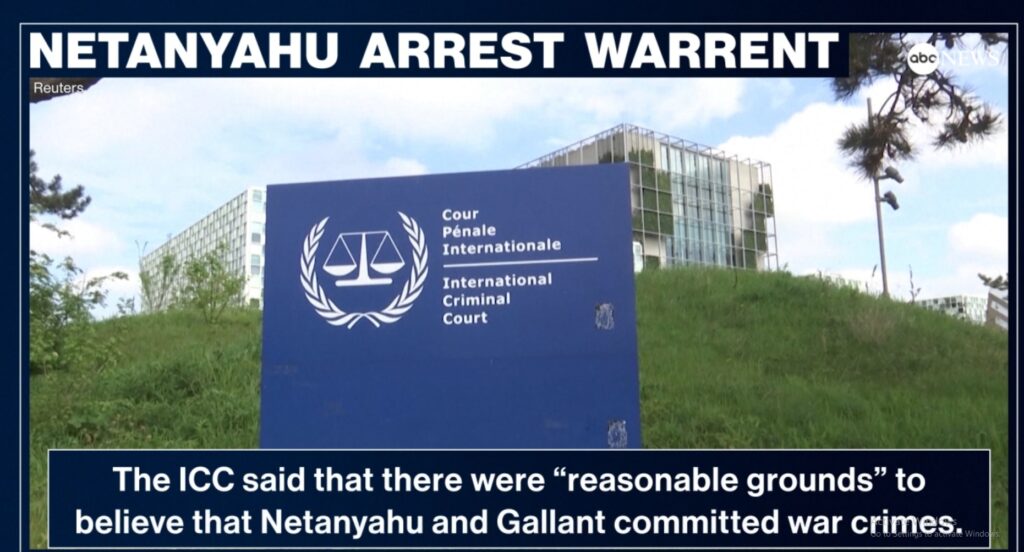A Bold Move Challenging International Law
Orbán’s Support for Netanyahu
Hungarian Prime Minister Viktor Orbán has rejected the International Criminal Court’s (ICC) arrest warrant for Israeli Prime Minister Benjamin Netanyahu. Orbán declared that Hungary would not comply with the warrant, asserting his unwavering support for Netanyahu. He described the ICC’s decision as a politically motivated interference in the ongoing Gaza conflict. Orbán has invited Netanyahu to visit Hungary, vowing to protect him from any legal action.
The ICC’s Allegations Against Netanyahu
The ICC, based in The Hague, issued arrest warrants for Netanyahu, former Israeli Defense Minister Yoav Gallant, and Hamas’ military chief. They are accused of war crimes and crimes against humanity during Israel’s 13-month campaign in Gaza. The ICC alleges that Netanyahu and Gallant used starvation as a weapon by restricting humanitarian aid and intentionally targeting civilians. Israel’s government has denied these accusations.

Hungary’s Legal Obligation and Reaction
As a member of the ICC, Hungary is obligated to detain individuals with active arrest warrants if they enter its territory. However, the ICC lacks enforcement mechanisms, relying on member states to act. Orbán, supported by Hungarian Foreign Minister Péter Szijjártó, dismissed the warrant as absurd. Hungary’s stance highlights tensions between national sovereignty and international legal obligations.
The Broader Context of the Gaza Conflict
The ICC’s action comes amid escalating violence in Gaza, where health authorities report over 44,000 deaths, more than half being women and children. These figures underscore the conflict’s devastating impact, though they do not distinguish between civilians and combatants. The warrant against Netanyahu has intensified international debate about accountability and justice in wartime.
Orbán’s defiance reflects his alignment with Netanyahu and his broader skepticism of international institutions. This decision could strain Hungary’s relations with the ICC and other member states while deepening its ties with Israel.
Our Visitor






 Users Today : 39
Users Today : 39



